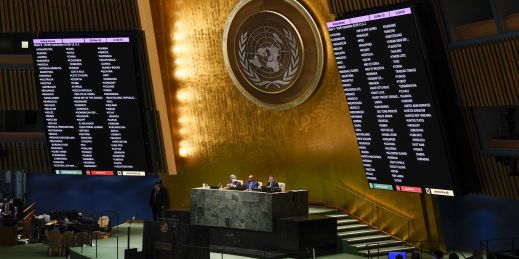
On Aug. 9, U.S. President Joe Biden helped bolster the United States’ technological lead over China by signing the CHIPS Act. Despite the hype, though, the history shows that governments’ best-laid plans to develop technology often falter amid bureaucracy, inefficiency and an over-reliance on state control.



